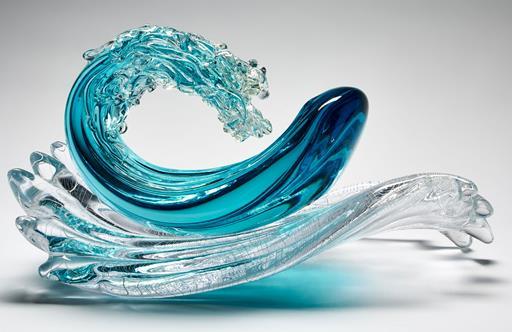Mission Statement
At once a scientific vessel and a charter yacht, REV Ocean is a singular project inspired by an exceptionally dedicated team.
The story starts in 2016, when Kjell Inge Røkke, a Norwegian fisherman-turned-billionaire industrialist, envisioned a vessel that could help to preserve and cleanse the planet’s seas.
“I am a product of the ocean,” says Røkke, who grew up on the coast and felt a need to understand fully the challenges that our oceans faced and perceived that a floating “think-tank” was the best way forward. The result is REV (Research Expedition Vessel) Ocean, which, first conceived as a 140m vessel, will now be unveiled with an overall length of 194.9 metres and a gross tonnage of almost 20,000 after years of development.

The tale behind the vessel, which has an exterior design by Norwegian Espen Øino and an interior by British firm H2 Yacht Design, is taken up by the CEO of the project, Nina Jensen, a marine biologist and the former secretary general of WWF Norway. Her passion for the ocean mirrors that of Røkke. “REV Ocean is a global platform for a unique guest experience filled with ocean discovery, marine conservation and meaningful impact,” she says. “By seamlessly integrating research with expeditions, it sets a benchmark for how yachting can transform the guest experience.”
Protecting the ocean is vital, she continues, given the number of threats it faces. According to WWF’s Living Blue Planet report, life in the ocean has been reduced by 49 per cent in just 40 years, and things are getting worse, with three main areas of concern. “Plastic pollution – there is not a single part of the ocean where we don’t find plastic, from the Mariana Trench to the inner reaches of the Arctic Sea ice. Then, there is unsustainable fishing that is causing problems, which we really need to improve through better management. And then, finally, climate change. Up until now, the ocean has absorbed more than 90 per cent of the excess heat that we have produced since the 1970s, but recent news illustrates that the ocean is now losing its ability to store this heat in the ocean depths. Climate change is real, with far-reaching consequences for all marine life and, ultimately, for us.”

Røkke also founded the HUB Ocean platform, an independent non-profit foundation to provide fit-for-purpose ocean data to empower decision-makers and industry leaders to steer a course to improve ocean health. This complements the mission of the REV Ocean team, since, remarkably, less than 10 per cent of the ocean has been explored and there are species and ecosystems that are still unknown. The team at REV Ocean believes it can find the answers. What makes REV Ocean stand out is its unique combination of cutting-edge scientific research and a comfortable, fascinating experience for guests.
REV Ocean is trying to create an international community of like-minded explorers to support young and emerging scientists and innovators, as well as individual guests seeking solutions and contributing to ongoing projects in a meaningful way. In an ideal world, the scientists onboard can find ways to reduce microplastic pollution from paint and clothing, create more marine-protected areas and restore critical habitats, such as seaweed that can absorb CO2. 
For marine biologist Eva Ramirez-Llodra, her position as science director is a dream job. The Spaniard helped develop the nine labs onboard REV Ocean, including one that catches fish for scientific research and uses a face-scanning technology that can eliminate by-fishing (the unintentional catching of certain sea life when fishing for a specific species) and a 3D printer that can be used in mapping coral reefs. She also stresses how important it is to work with young scientists and people from different backgrounds as part of the mission.
It’s a mission that Jensen sums up perfectly: “Making a positive impact for the ocean, and bringing together people from all over the world to research for the solutions. Each and every one of us can do something. My hope is to use REV Ocean as a platform for connecting brilliant minds from all over the world to make sure that the solutions that already exist are scaled and implemented.”

All images: © REV Ocean / Burgess

















